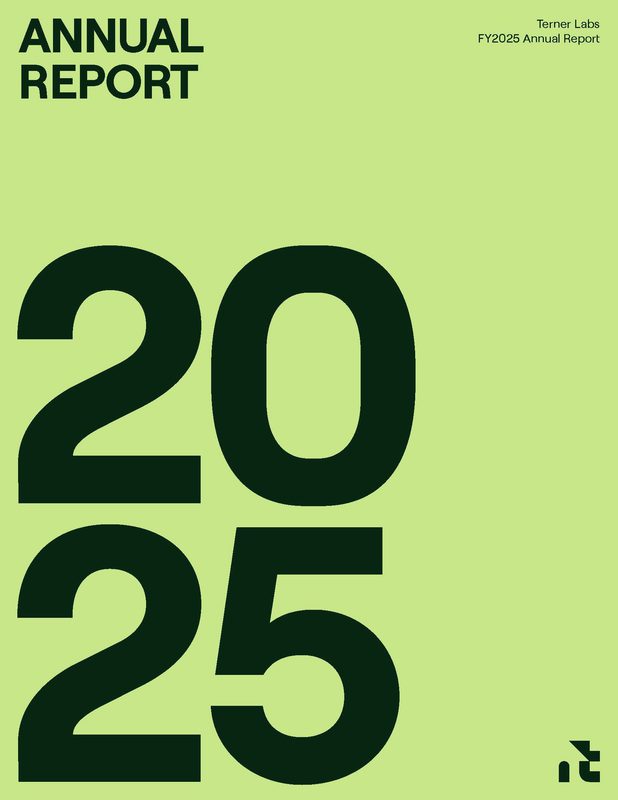Learnings from "Planning for New Supply", the latest in our Housing Technology Series
In the latest in our Housing Technology series, we partnered with the U.S. Department of Housing and Urban Development (HUD) to explore how state and local governments, developers, and advocates are weighing the opportunities and risks involved in using technology when planning for new housing supply.
Beth Lynk, HUD’s Assistant Secretary for Public Affairs, and Ben Metcalf, Director of the Terner Center and CEO of Terner Labs opened the discussion. Metcalf highlighted the importance of these conversations, hoping the series would “spur engagement in ways that are smart, sound, balanced, and responsive to the priorities we have.”
Two tools aimed at promoting civic participation
The program began with a demonstration of two community engagement tools aimed at enhancing civic participation in development decision-making processes.
Chris Adams showcased Balancing Act’s simulation-based public engagement tool for making decisions about new housing supply. The simulation allows residents to play the role of decision-makers in their local communities to better understand the challenges and constraints facing leaders when planning for new housing. Balancing Act hopes to empower citizens with data and information while also pressing them to consider solutions to vexing housing problems rather than simply opposing new development.
Hana Carey demonstrated Cortico AI’s powerful tools for centering underheard voices to make civic spaces stronger and more inclusive. Cortico combines deep human listening with AI to better digest dialogue between different communities in civic processes and ensure that voices missed by traditional engagement methods are heard. Their tools enable community listening, facilitate more productive conversations, and build trust with community members to allow more informed and transparent decisions.
Breaking down barriers to long-term engagement
In a panel discussion, Ceasar McDowell, Annemarie Gray, and Taiwo Jaiyeoba, all leaders in housing development and affordability, discussed the need to shift away from engagement as a one-off element of a particular project and towards more consistent engagement. They highlighted technology’s role in breaking down common barriers: time, space, language, and access to information. McDowell also emphasized the importance of keeping the real-world end user at the forefront and designing tools to be as broadly usable as possible: “Get your coders out in the street!”
Technology as a tool for zoning reform
The second section of January’s event featured demonstrations of two technologies created to help planners and policymakers leverage data to make better decisions about new housing supply.
Olivia Ramos showcased Deepblocks’ AI-powered platform for real estate development predictions. The platform digitizes zoning information to enable rapid site evaluation and feasibility analysis and helps real estate professionals quickly assess the development potential for a potential project. The tool could also help officials better understand where to build, what to build, and zoning or policy levers they might pull to alleviate constraints on development.
Alexander Casey shared the newly launched Housing Supply Simulator from Terner Center & Terner Labs. The Simulator is a data-driven tool that overlays a real estate proforma on top of parcel-level land use and regulatory data to help policymakers and planning staff better understand the impacts of different choices on new housing supply. Analyses enabled by the Simulator show how changes to conditions like parking standards, impact fees, or approval process might impact homebuilding in a given area, and also show which policy changes most concentrate or scatter new homebuilding through the city. This can serve as a powerful tool for enabling more housing development that also meets racial and economic equity and climate goals.
Challenging conventional wisdom about development opportunity
The second panel, moderated by Claudia Monterrosa, featured Dan Reed, Sara Bronin, and Kevin Donnelly in a discussion on how technology can be used to enable the expansion of the housing supply. The speakers noted that the conventional wisdom about where development should occur is often outdated and that technology can help illuminate where the highest value actually lies, economically and socially. Bronin highlighted how technology– including her platform, Zoning Atlas– can help cities understand how their zoning code may improve planning outcomes. With that zoning information, users can understand outcomes like health, education, and climate change impacts.
Want to keep learning with us? Sign up for emails from Terner Labs to stay up to date on upcoming events, including the two remaining events in our Housing Technology Series.
Terner Labs' support for this series is made possible by generous support from the Howard and Irene Levine Family Foundation.


